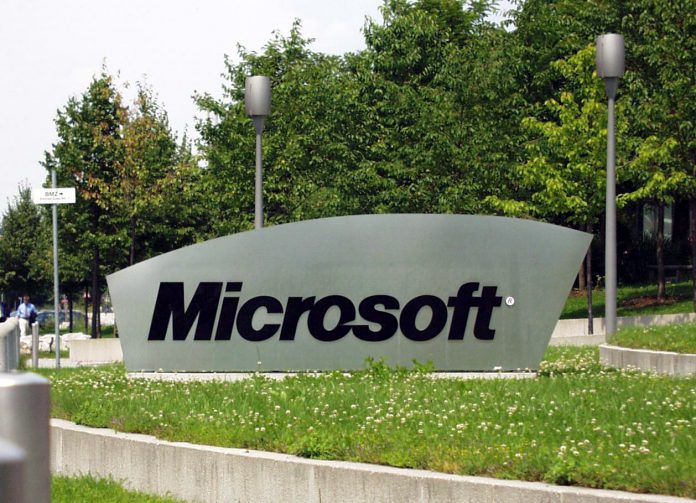Microsoft on Monday announced an extension of its partnership with health software provider Epic. The two companies will now collaborate to bring generative AI to healthcare services. To achieve this, they will leverage Microsoft's Azure OpenAI Service and Epic's electronic health record (EHR) software.
This extension strengthens the long-standing partnership between Microsoft and Epic, which includes Epic running its services on Microsoft's Azure cloud.
Microsoft describes the extensions as a “co-innovation” that will bring generative AI solutions to Epic's EHR. The goal is to boost the financial integrity of health systems and improve patient care. The companies say that UC San Diego Health, UW Health in Madison, Wisconsin, and Stanford Health Care are already using the first solution, an AI that automatically drafts message responses.
“The urgent and critical challenges facing healthcare systems and their providers demand a comprehensive approach combining Azure OpenAI Service with Epic's industry-leading technology,” says Eric Boyd, corporate vice president, AI Platform, Microsoft.
“Our expanded partnership builds on a long history of collaboration between Microsoft, Nuance and Epic, including our work to help healthcare organizations migrate their Epic environments to Azure. Together we can help providers deliver significant clinical and business outcomes leveraging the power of the Microsoft Cloud and Epic.”
Tapping into GPT-4 to Bring AI to Healthcare
Back in January, Microsoft announced the general availability of its Azure OpenAI Service. In March, the company revealed OpenAI's GPT-4 is now available on the service. GPT-4 is a generative and multimodal email that can generate content such as text, voice, and images. Microsoft has adopted the AI across services such as Bing Chat, Dynamics 365, Microsoft 365 Copilot, and GitHub Copilot.
“Our exploration of OpenAI's GPT-4 has shown the potential to increase the power and accessibility of self-service reporting through SlicerDicer, making it easier for healthcare organizations to identify operational improvements, including ways to reduce costs and to find answers to questions locally and in a broader context,” says Seth Hain, senior vice president of research and development at Epic.
Microsoft and Epic will be at the 2023 HIMSS Global Health Conference in Chicago between April 17 and 21. Attendees can learn more about the new AI solutions for healthcare.
Tip of the day: With many reachable wireless access points popping up and disappearing again, the available networks list can become quite annoying. If needed you can use the allowed and blocked filter list of Windows to block certain WiFi networks or all unknown WiFi networks.






